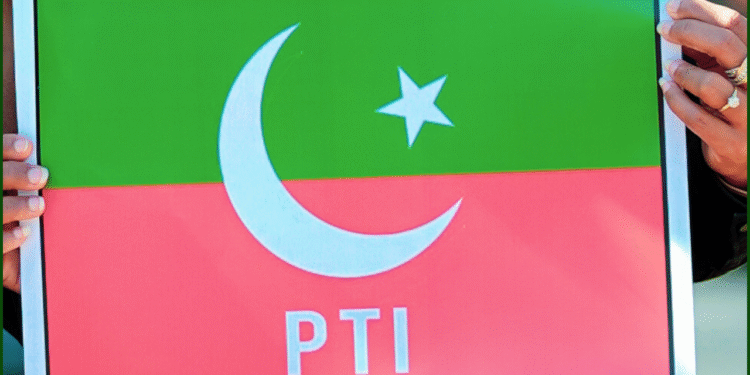In a significant development, Pakistan Tehreek-e-Insaf (PTI) has chosen to abstain from a government-organized briefing addressing the escalating tensions between Pakistan and India, sparked by a recent incident in Pahalgam. The decision was announced on Sunday following a meeting of PTI’s political committee, as reported by local media.
PTI’s official statement underscored the party’s steadfast stance against terrorism, emphasizing its consistent denouncement of such acts. The party highlighted the leadership of its founder, former Prime Minister Imran Khan, who, despite his ongoing imprisonment, has advocated for national unity and resilience. “Imran Khan’s call for solidarity reflects the vision of a true national leader,” the statement read, noting his efforts to promote stability even under challenging circumstances.
The party also referenced a resolution passed during its founding day celebrations, which condemned provocative actions and narratives emanating from India. PTI reaffirmed its unwavering commitment to safeguarding Pakistan’s sovereignty and standing firm against any external threats.
However, PTI expressed dissatisfaction with the government’s approach to the current crisis, particularly its failure to convene an All Parties Conference (APC). The party argued that an APC would have been a critical step toward fostering a unified national stance on security matters. Instead, PTI criticized the government for opting for what it described as a one-sided briefing, led by a single minister without meaningful engagement with opposition leaders, including Imran Khan.
“The government’s briefing lacks the intent to build a collective national response,” PTI’s statement asserted. “In the absence of genuine efforts to include all stakeholders, PTI finds no purpose in attending.” The decision to boycott the briefing was unanimously endorsed by the party’s political committee.
PTI’s move underscores the deepening divide between the opposition and the government at a time when national cohesion is seen as vital. As tensions with India persist, the absence of a unified political front could complicate Pakistan’s response to the evolving situation.

















































